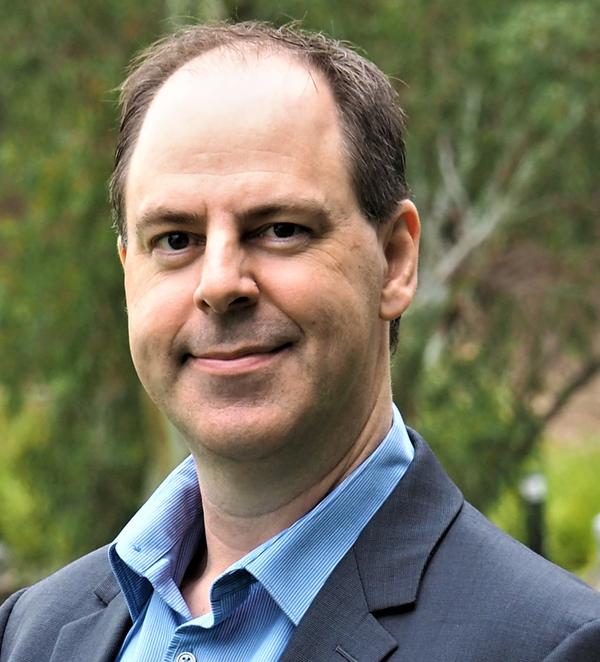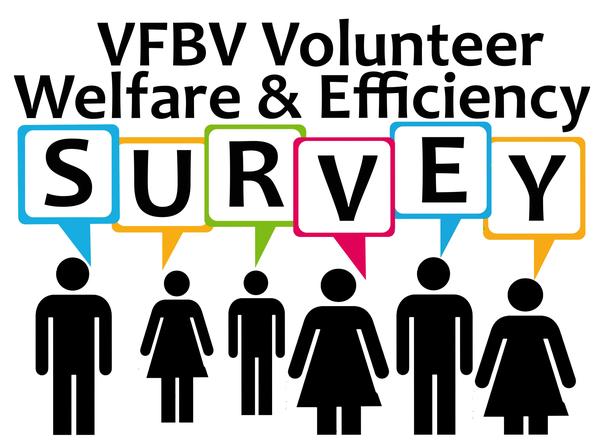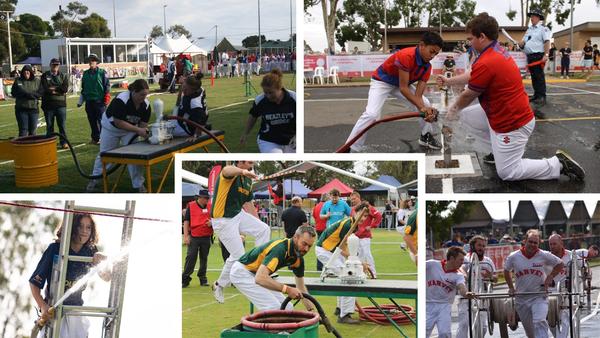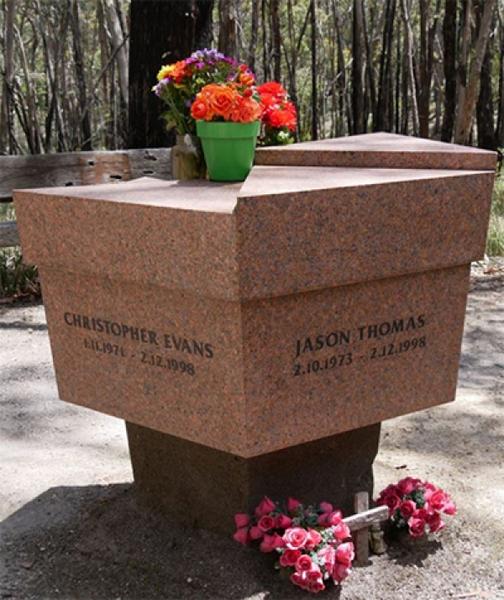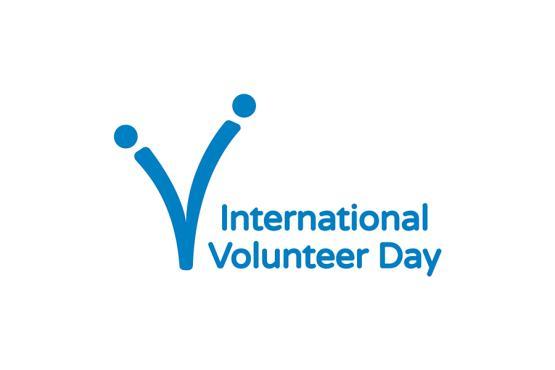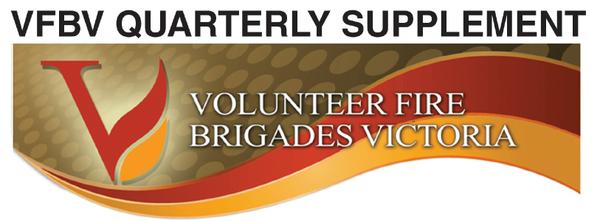As another year comes to a close, we again see the value and importance of Victoria’s volunteer surge capacity in action. Over the last couple of months, CFA has
provided significant support and resources to Queensland, Northern Territory and NSW with all having experienced significant spring fire seasons. All the while responding to our own busy spring. The lack of government investment to actually support and grow, let alone maintain this volunteer capacity, will leave a very dark stain on this government’s legacy.
Due to the fire conditions experienced in NSW requiring their own resources, Victoria has provided the bulk of support to QLD, with more than 540 CFA members being deployed to support firefighting operations over the last couple of months. More than 85% of those resources were in the form of strike team deployments, with 60 volunteers alone contributing to the mammoth logistical exercise of driving our CFA tankers all the way up into Queensland and home
again.
To put the CFA contribution into context, CFA accounted for 93% of the entire Victorian contribution to the QLD deployments, including providing two-thirds of the IMT resources.
The professionalism of crews has been outstanding, and I wish to pass on the very high praise received from the QLD authorities and communities which were so grateful to receive our trucks and firefighters in their hours of need. All deployed members have done us proud, and we cannot forget the thousands of additional members at group and brigade level who coordinated deployment rosters and the like, and those that remained available to respond locally in order for these
deployments to be possible.
And while not without blemish, campaign logistics overall have been relatively smooth and well received by members. Thank-you to those who have provided feedback on their deployments.
Following our own share of fire activity during spring, we are now as at writing, experiencing a significant rain event across Victoria, with members now responding to localised flooding. And while these rains provide a short reprieve from this year’s fire season, experience tells us that the accelerated growth of fine fuels that will result from these downpours will need to be carefully watched in the warmer and drier months approaching.
Early summer rains are not unusual, and while public perception will likely dampen, we need to remain vigilant as we approach the fire danger period.
In a sign of elevated preparedness at the local level, I wish to congratulate all those brigades that have completed this year’s pre-season preparedness work, including the Chief
Officer’s mandatory requirements. Our delegates to our Operations Joint Committees were pleased to observe an increase across the board of the number of brigades having completed their requirements which is trending ahead of last year, with more than 16,000 volunteers having already completed their burn over drills and tree hazard awareness in preparation for the FDP. Well done and keep it up. If you have yet to complete your annual skills maintenance, I encourage you to get it in before summer
proper returns with a vengeance.
Vale
We were deeply saddened to learn of the tragic in the line of duty death of NSW
volunteer Captain Leo Fransen, of the NSW Diamond Beach Rural Fire Brigade. Captain Fransen was tragically struck by a tree whilst fighting the Hudson Fire in northern NSW on the 16th November.
His crew members immediately provided initial treatment until the arrival of paramedics. Captain Fransen was part of a RFS strike team
that had been sent to the area from the NSW mid-coast and were on their first day of deployment. The crews were battling the fire in and around the small mining community of Glengarry.
I have passed on our heartfelt condolences on behalf of all CFA volunteers to NSW RFS. We express our deepest sorrow to Captain Fransen’s brigade,
and his family including wife Margaret, daughter Julia, son Paul and his extended family and fellow peers across the fire service. We mourn alongside them and stand in solidarity with all our fellow RFS volunteers across NSW during this sad time.
Vol Survey
If you haven’t yet completed this years vol survey, could I please urge you to do so ASAP. The annual survey is one of the single more effective ways for your voice to contribute to making CFA a better place to volunteer. Thousands of voices lend real weight to the issues raised, and our ability to track volunteer morale and sentiment on key
areas chosen by volunteers makes a real difference.
When I speak to volunteers who have not done the survey, many tell me they think it makes no difference and believe CFA just ignore us anyway. Let me assure you this could not be further from the truth. And while progress is far slower than anyone would like, those who have been
in emergency services for a while will tell you, it takes great persistence and strong advocacy to affect change.
Rather than give up because it’s hard, we are simply driven to push and try twice as hard to move the needle. This is why we need your help, and more voices add credibility and weight to the results. It only takes 10
minutes, but its effects can last for years, so please consider doing it right now while its fresh in your mind. Use the QR code below, or visit vfbv.com.au/cfa
Flood Inquiry
The Parliamentary Inquiry into the 2022 Flood Event in Victoria is continuing with public hearings. You can view extracts of those hearings by visiting the inquiries page on the Parliament of Victoria website.
The emotional and passionate stories from those affected by the floods is both moving and humbling.
We are monitoring the inquiries progress closely. VFBV submitted a comprehensive submission to the inquiry covering the areas of greatest concern to CFA volunteers.
I was distraught to review the hearing featuring representatives from EMV, SES and the Department of
Justice and Community Safety, who batted off questions regarding the lack of interagency after action reviews and the disbandment of the volunteer consultative forum with weasel words and empty rhetoric better found on a hallmark card.
If their answers truly represent the level of respect for the views and opinions of volunteer
first responders who provide the overwhelming majority of the workforce in battling natural disasters and other emergencies across Victoria, then no wonder volunteer morale is what it is.
To hear EMV brush off the need for an interagency after-action review by claiming they have a “real time monitoring evaluation” system in place
is beyond comical. To then throw SES under the bus by then claiming that due to the fact SES was the lead agency it was SES’s responsibility to lead a multiagency AAR, is frankly so far beyond the pale it is incredulous to think anyone would take it seriously.
SES’s response wasn’t much better, but we can at least be sympathetic
to the argument that campaign fatigue from any agency that was overwhelmed during a long flood and storm campaign is understandable. Leaving the decision to run a review to the responsible agency smacks of coverup.
Thankfully, it was clear many of the MPs sitting on the Flood Inquiry Committee didn’t buy the dog and pony show
either. They were likely heavily influenced by the almost universal criticism from councils, volunteer first responders and non-response agencies who voiced concerns at public hearings. I think MP Wendy Lovell put it best when she said “this will be the first major emergency event in my 21 years in Parliament that I have not seen a multiagency review”. MP Melina Bath was also spot on when she met EMV’s claim about how much they valued the volunteer consultative forum, rebuking that assertion
with absolute scepticism asking then why did they abolish it? Yes, actions do speak louder than words.
One only needs to review the government’s submission that claims EMV was created to achieve “efficient governance arrangements that clarify roles and responsibilities, embed cooperation across agencies, and ensure emergency
management reform is coordinated across the sector” to appreciate how far it has walked away from its coordinating role.
No one is listening to assurances coming from a government bureaucracy that refuses to engage directly with volunteer first responders and their peak bodies and is more interested in pumping out brochures and
media statements than actually supporting, empowering and encouraging its frontline volunteer workforce.
The VFBV Board and State Council have reviewed the sector’s recent approach to engaging in genuine after-action reviews and determined they do not encourage nor facilitate genuine feedback from those on the front line. In
conclusion, we have little confidence the sector will prioritise or make genuine attempts to fix it, as it is clear they are not interested in anything that might actually implement some accountability for how volunteers are treated.
With this in mind, VFBV will undertake developing its own volunteer “real time” monitoring systems to
support our first responders in providing field-based observations on the topics that affect their morale, welfare and efficiency during campaigns that we will then use to inform public advocacy. And while we should not have to take on this responsibility, we cannot continue to allow Victoria’s emergency management volunteers to be systematically ignored and neglected in Victoria’s emergency management arrangements.
While it is unlikely to be ready for this year’s fire season, we will develop our systems in bite sized chunks and roll it out as we can. Stay tuned, and please never forget, that what you do matters and makes an incredible difference to your communities and those you help.
You are with people on the worst day of their lives, and through your training, commitment and professionalism, you provide what is sometimes the only ray of light and hope in what is otherwise a very dark time. Thank-you for your continued commitment to volunteering, and please stay safe as we again march towards this year’s fire danger period.

